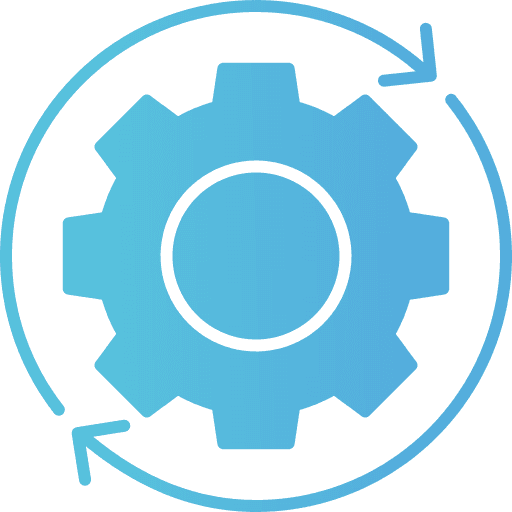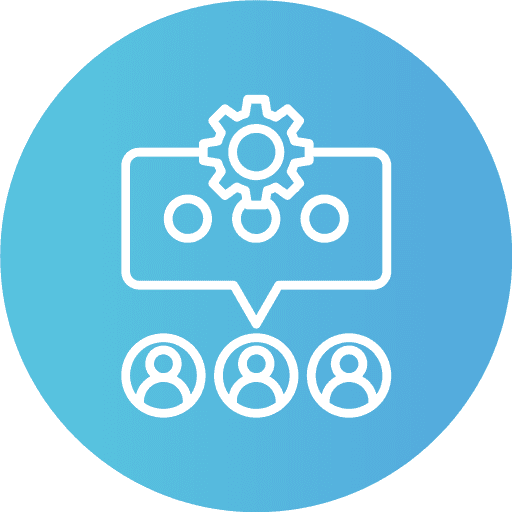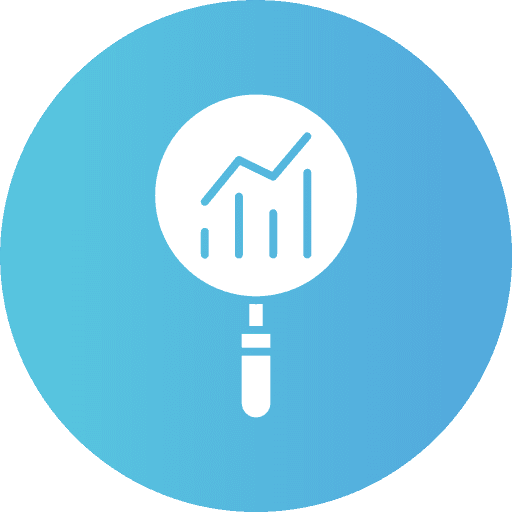
Salesforce Best Practices for Retail and D2C Companies

Customer-Centric Management
Build detailed customer profiles for personalized experiences and stronger loyalty.
Sales and Marketing Automation
Automate leads, personalize marketing, and streamline sales pipelines.
Seamless Integration
Unify online and offline channels for a consistent customer experience.
Data-Driven Insights
Use advanced analytics to grasp consumer behavior, track sales trends, and optimize inventory.
Retail and D2C Companies Boosting Productivity with Salesforce
E-commerce
Fashion
Food and Beverage
Consumer Electronics
Schedule a free consultation with our Salesforce experts
Hyper-Personalized Customer Experiences
Dynamic Customer Profiles with AI
Utilize Salesforce Customer 360 to create dynamic profiles that aggregate data from various touchpoints, such as purchase history, browsing behavior, and social media interactions.
For example, a retail brand can use AI to analyze past purchases and browsing history to recommend personalized products or offers directly on the customer’s homepage.

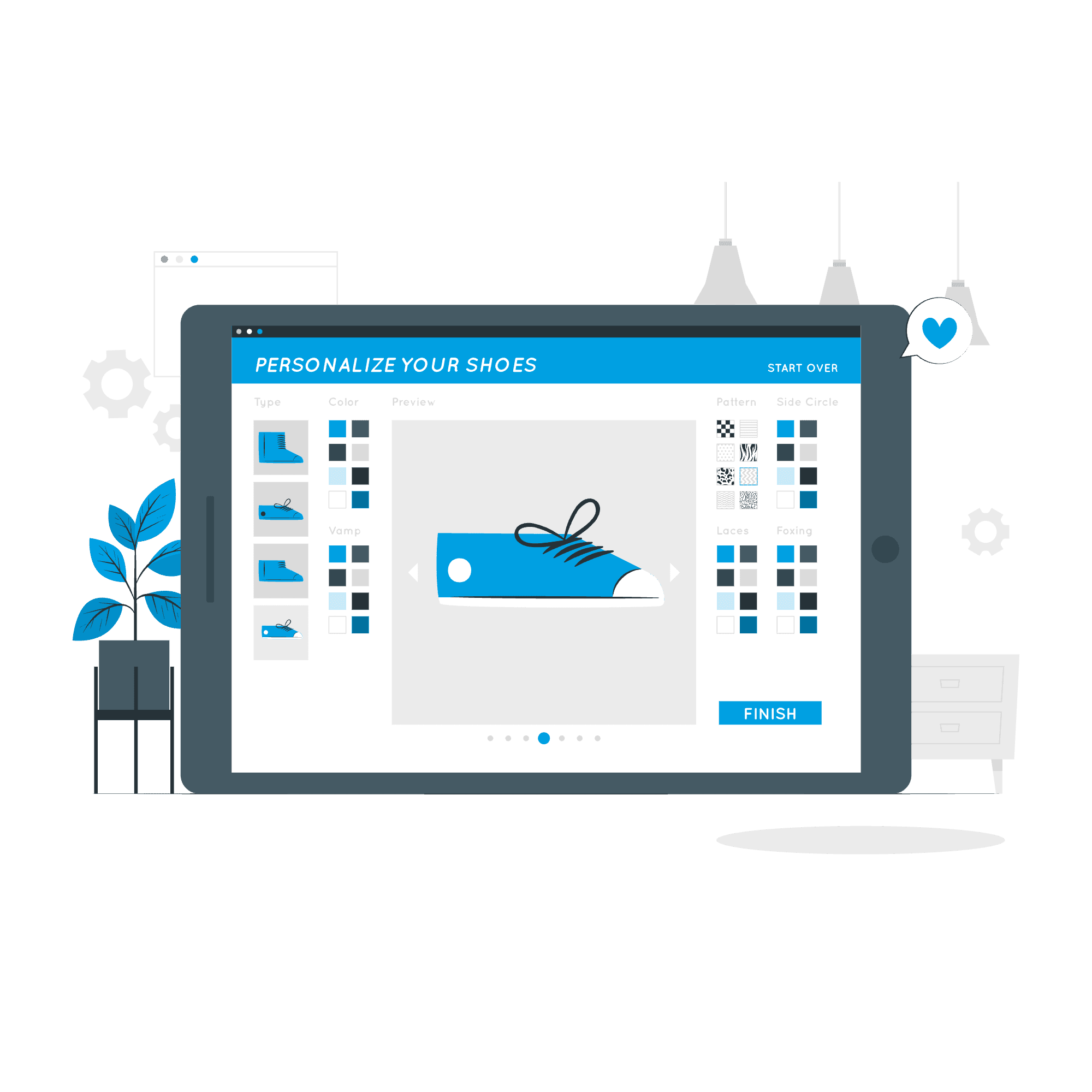
Real-Time Personalization with Einstein
Implement Salesforce Einstein for real-time personalization.
For instance, if a customer frequently browses athletic wear, Einstein can dynamically display related products or exclusive discounts tailored to their preferences when they visit the site.
Behavior-Driven Customer Journeys
Use Salesforce Journey Builder to automate customized customer journeys based on behavior.
For example, if a customer abandons their shopping cart, Journey Builder can trigger an email with a personalized discount or product reminder.
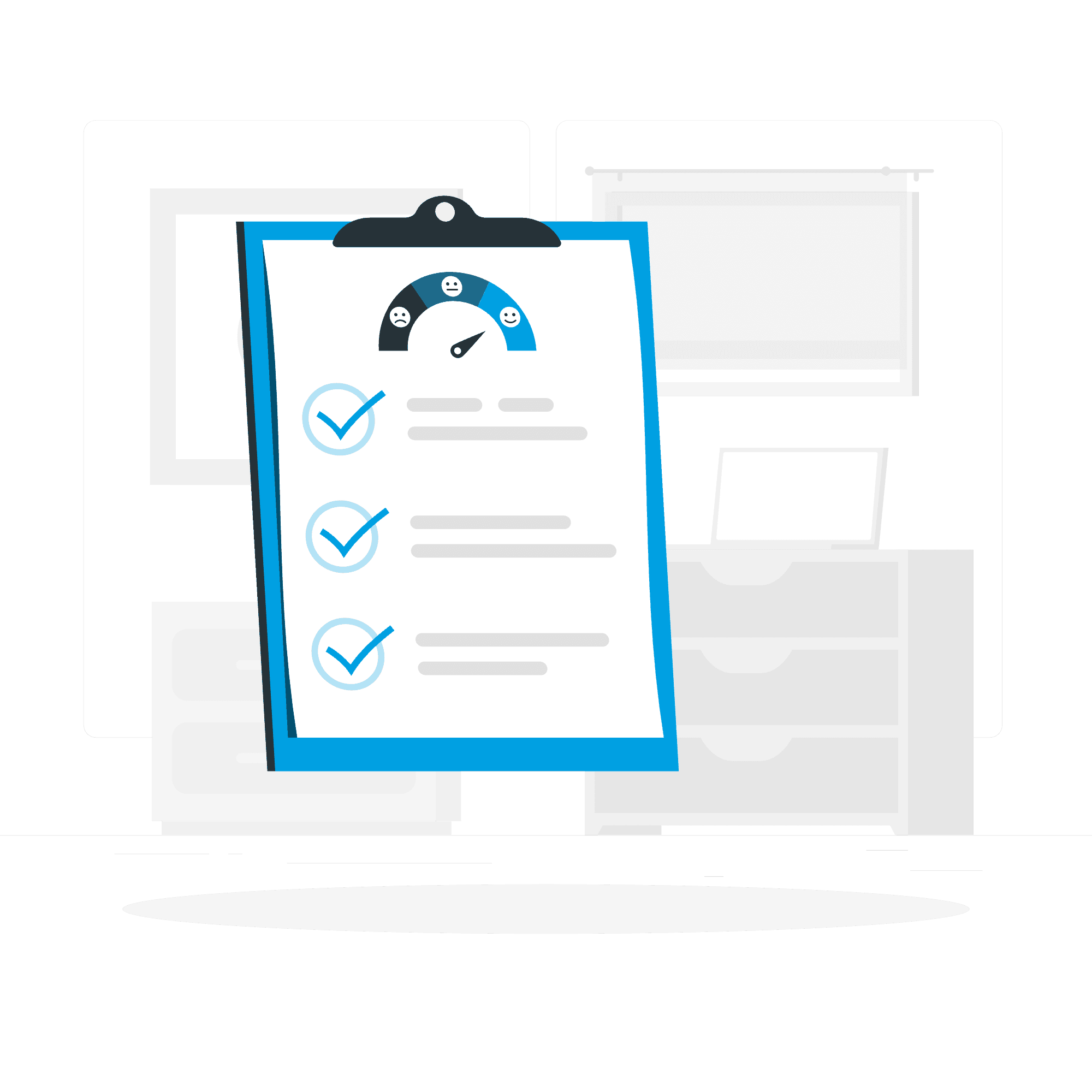
Integrated Omnichannel Commerce
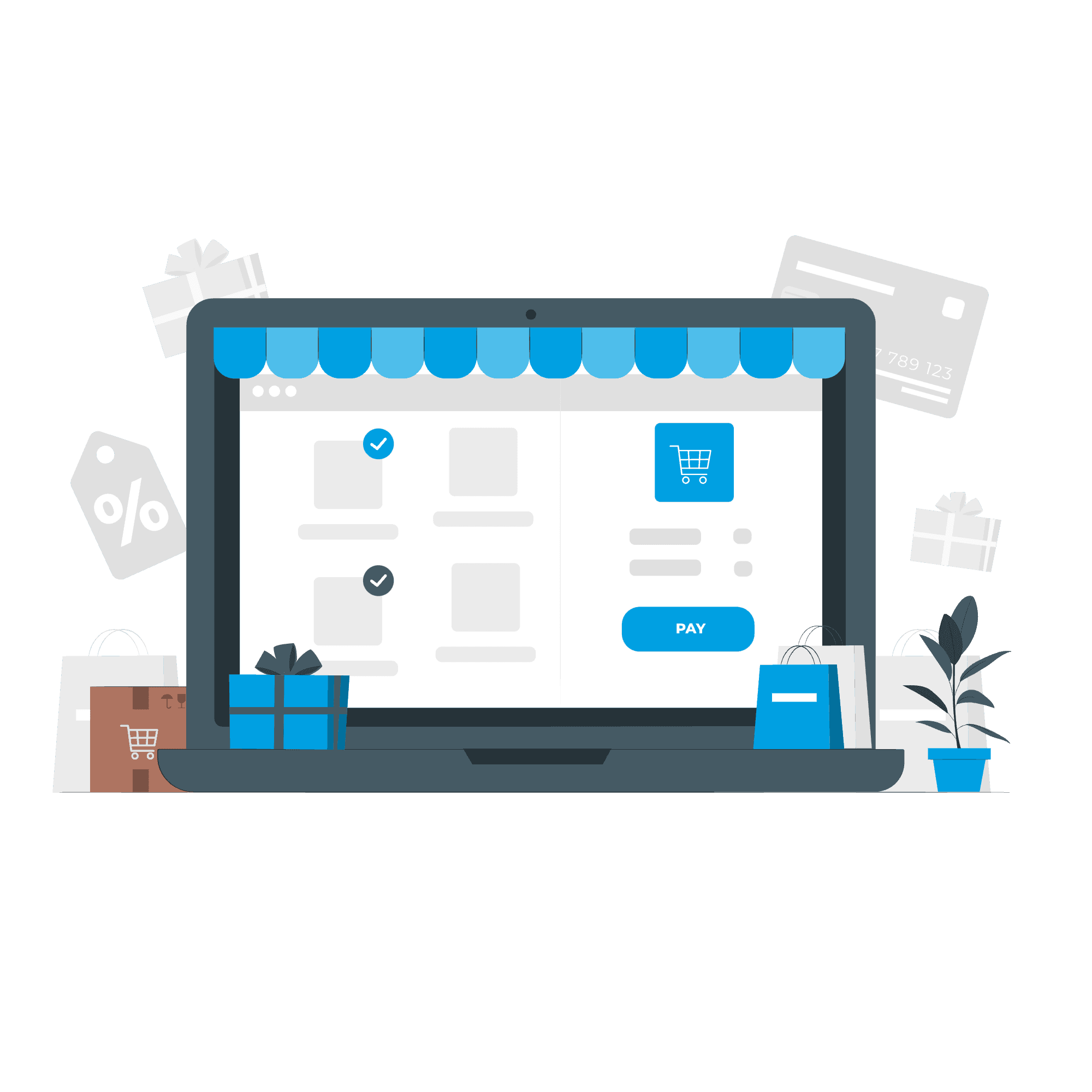
Unified Commerce Platform
Leverage Salesforce Commerce Cloud to unify online and offline channels.
For example, integrate your e-commerce platform with in-store POS systems to provide real-time inventory updates, allowing customers to see in-stock items online and purchase them in-store.
Omnichannel Loyalty Programs
Develop a seamless loyalty program using Salesforce Loyalty Management.
Implement features like point accumulation for online and in-store purchases, and allow customers to redeem rewards across both channels. Track customer interactions and reward preferences to personalize offers and incentives.
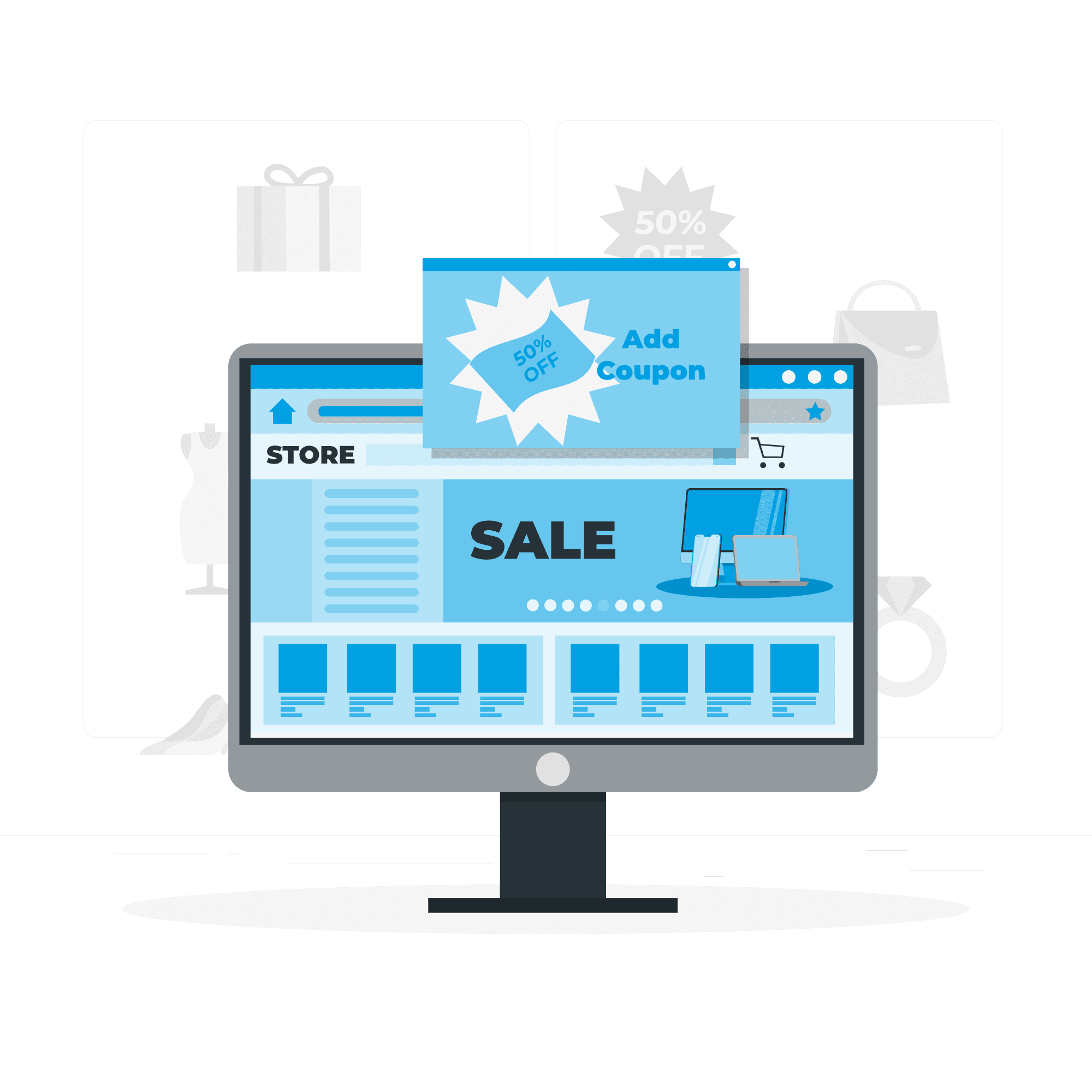
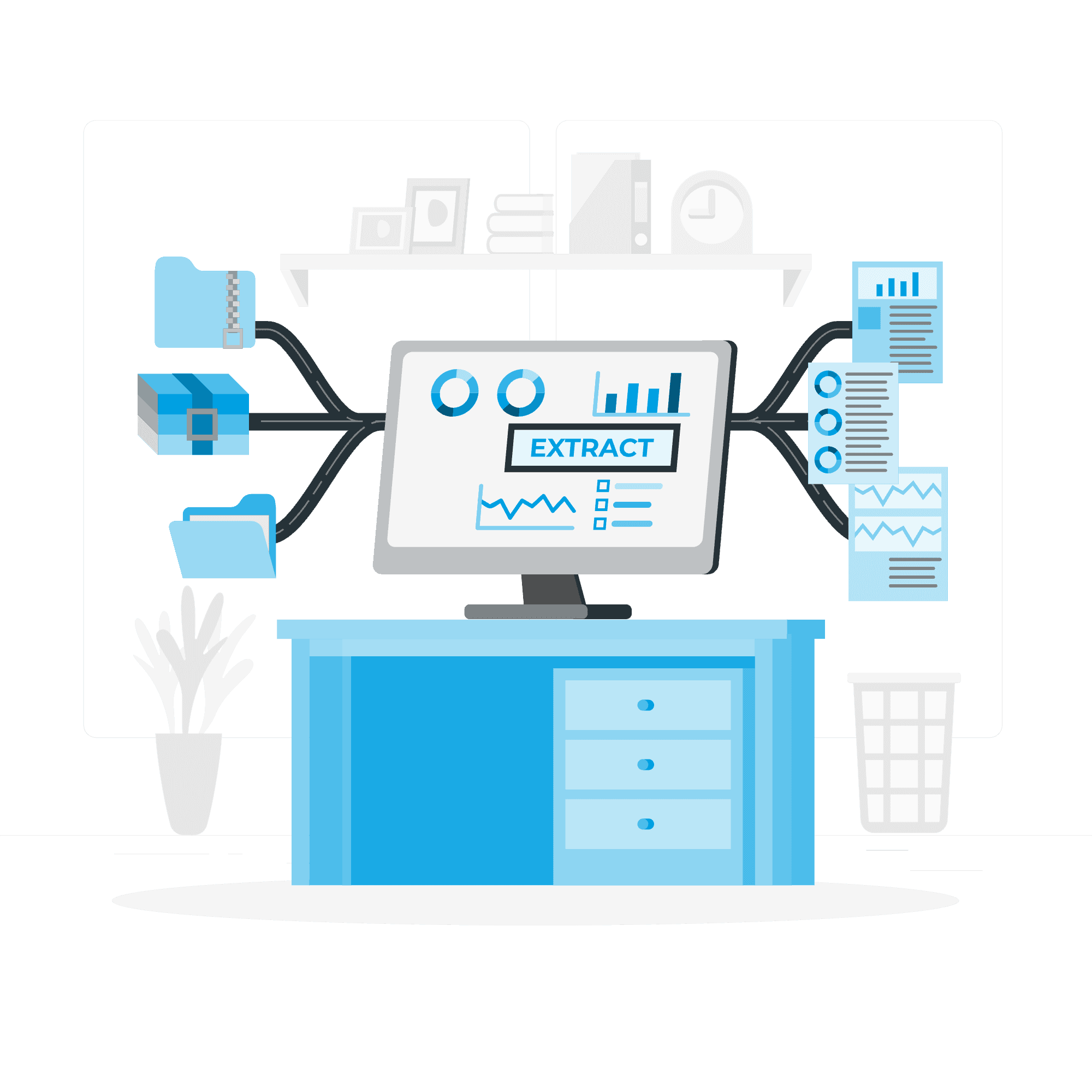
Cross-Channel Data Synchronization
Ensure data consistency across all sales channels with Salesforce’s integration tools.
For example, synchronize customer data, order histories, and inventory levels between your online store, mobile app, and physical stores to provide a cohesive shopping experience.
Advanced Inventory and Order Management
Predictive Inventory Management
Use Salesforce Einstein Analytics to predict inventory needs based on historical sales data, seasonal trends, and market conditions.
For instance, if data shows a spike in demand for a particular product category during the holiday season, you can adjust inventory levels accordingly.
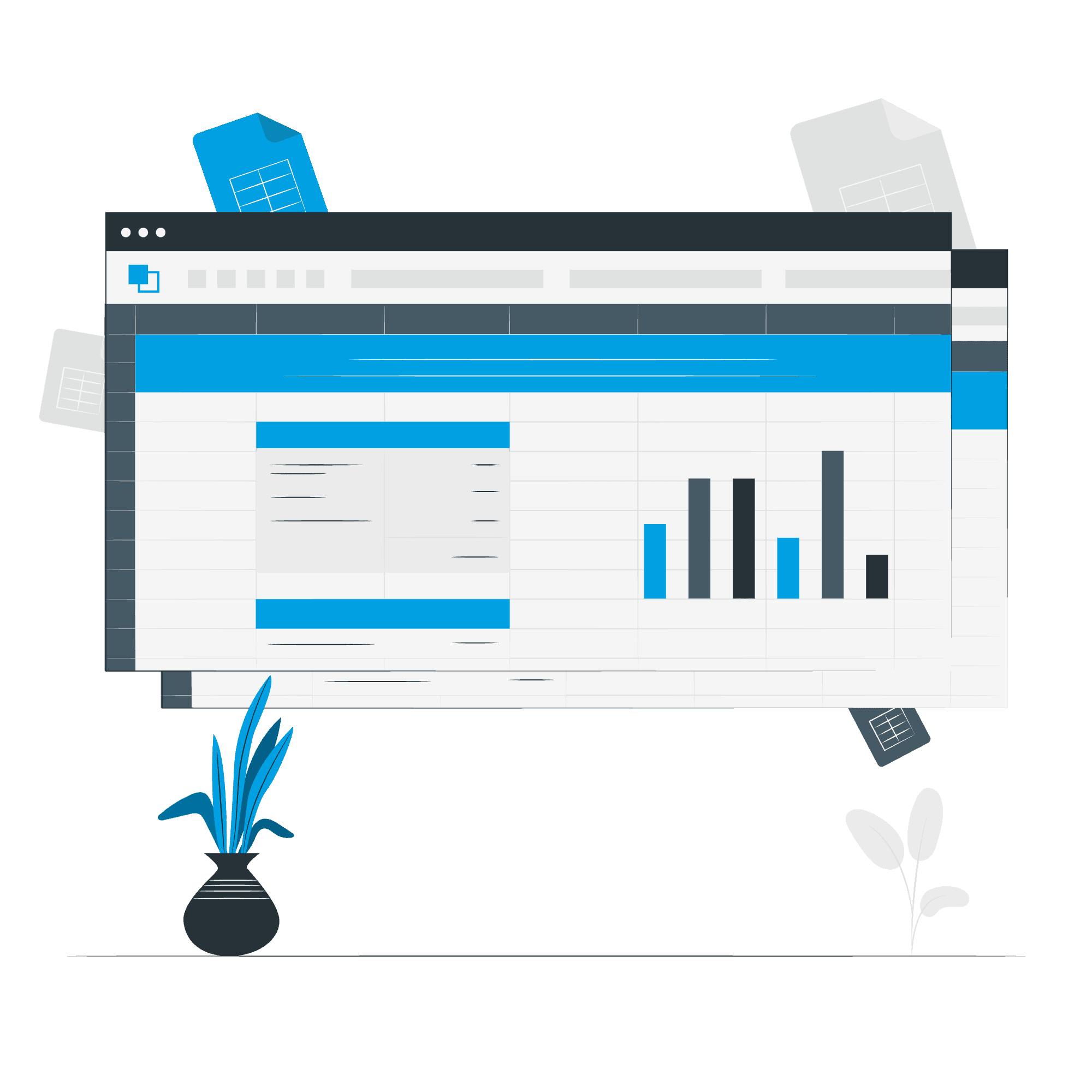
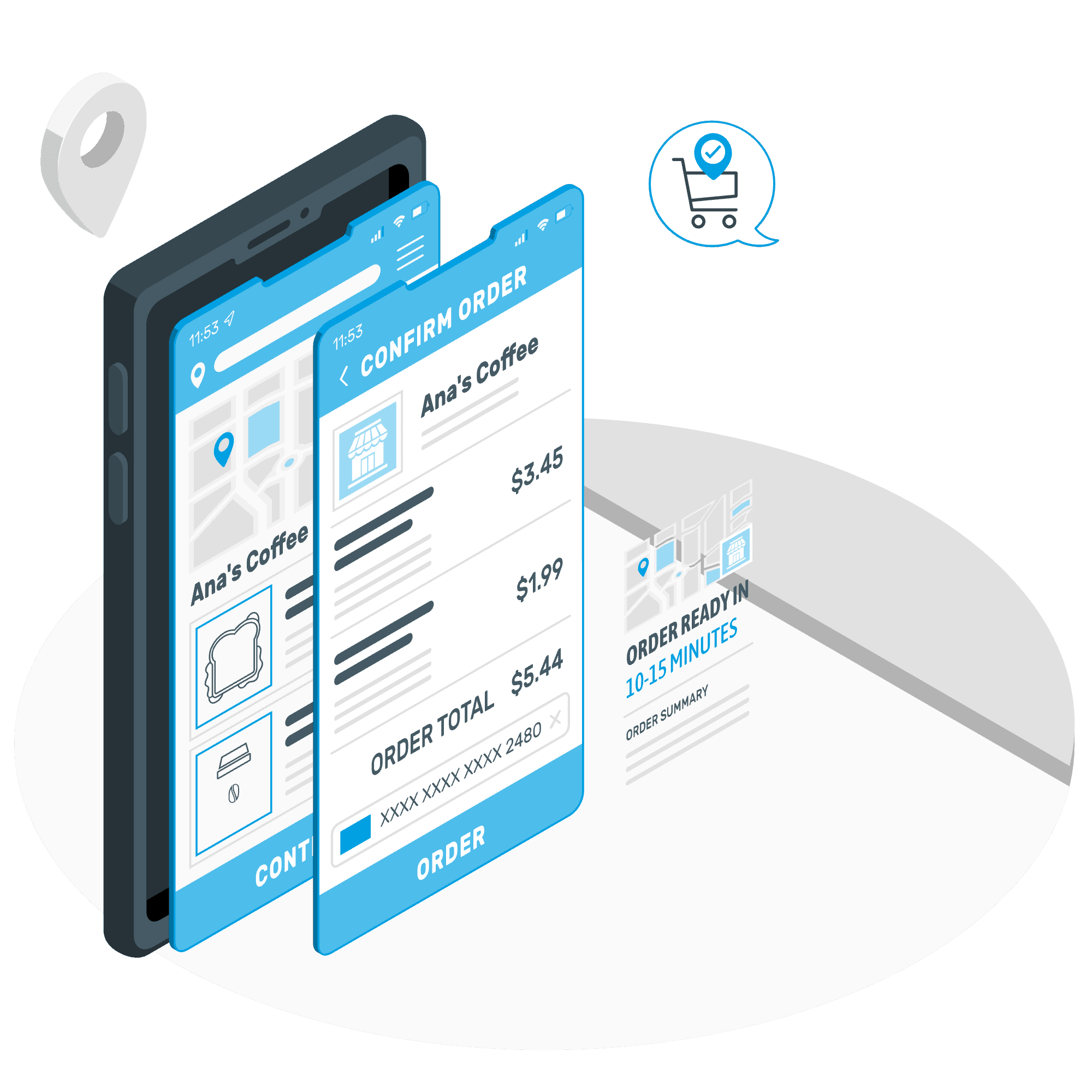
Automated Replenishment Processes
Implement automated inventory replenishment workflows.
For example, set up triggers in Salesforce to automatically reorder products when stock levels fall below a predefined threshold, ensuring you never run out of popular items.
Real-Time Order Tracking
Integrate Salesforce with order management systems to provide real-time tracking of orders.
Customers can receive updates on their order status through personalized notifications and track deliveries directly from their Salesforce-powered customer portal.
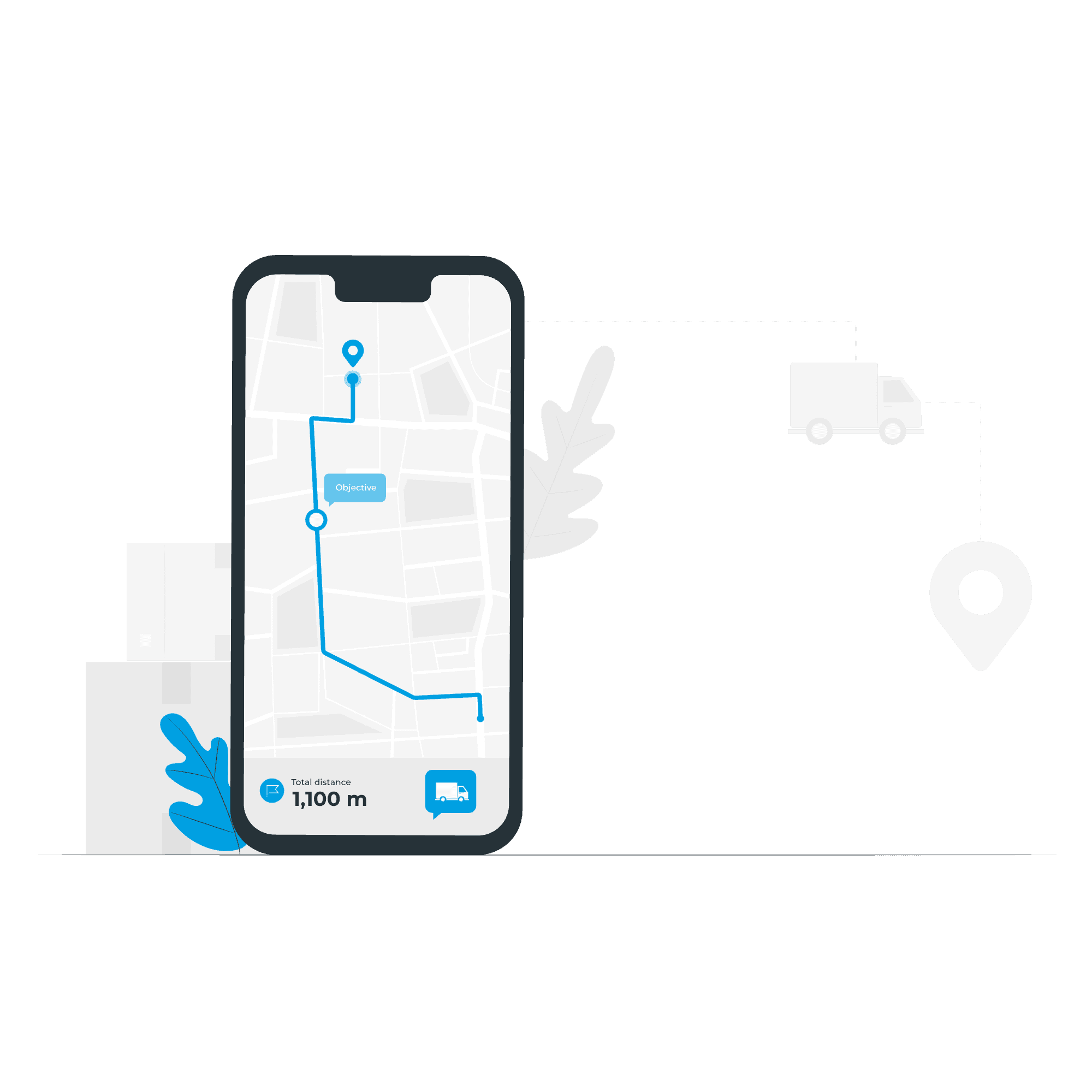
Intelligent Sales and Marketing Automation
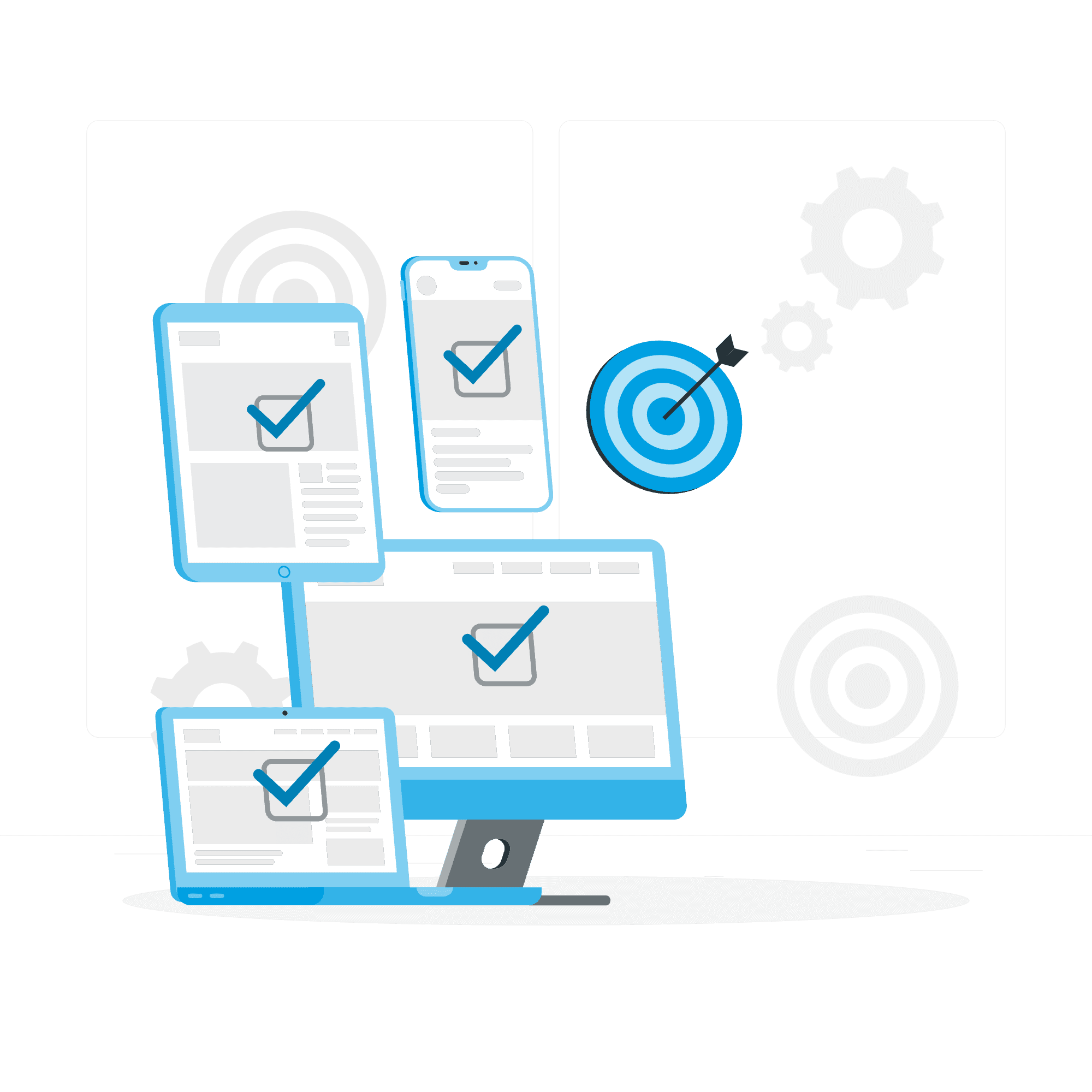
AI-Driven Lead Scoring
Use Salesforce Einstein to develop AI-driven lead-scoring models that prioritize high-potential leads based on their engagement with your brand.
For instance, leads who frequently visit product pages or engage with marketing emails can be scored higher and prioritized for follow-ups.
Automated Campaign Management
Automate marketing campaigns with Salesforce Marketing Cloud. Set up triggers to launch personalized email campaigns or SMS alerts based on customer actions, such as recent purchases or browsing behavior.
For example, send a follow-up email with product recommendations to customers who have recently made a purchase.

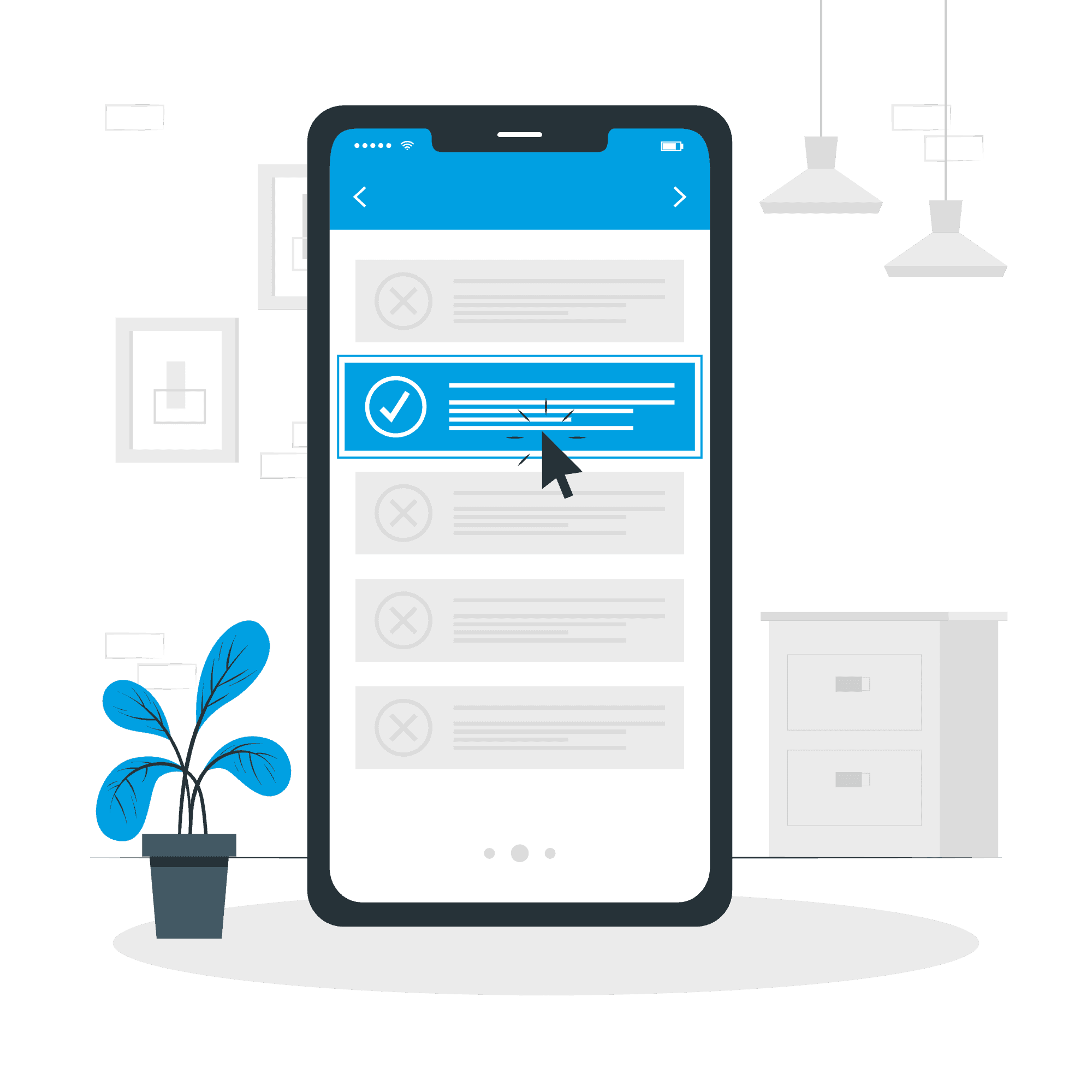
Customized Product Recommendations
Utilize Salesforce Commerce Cloud’s AI features to provide personalized product recommendations on your website and in marketing communications.
For instance, show related products or accessories based on a customer’s browsing and purchasing history.
Enhanced Customer Service and Support
Omnichannel Support Integration
Implement Salesforce Service Cloud to offer customer support across multiple channels, including chat, email, phone, and social media.
For example, integrate chatbots for immediate assistance on your website, while using Service Cloud to manage and track customer inquiries and issues.
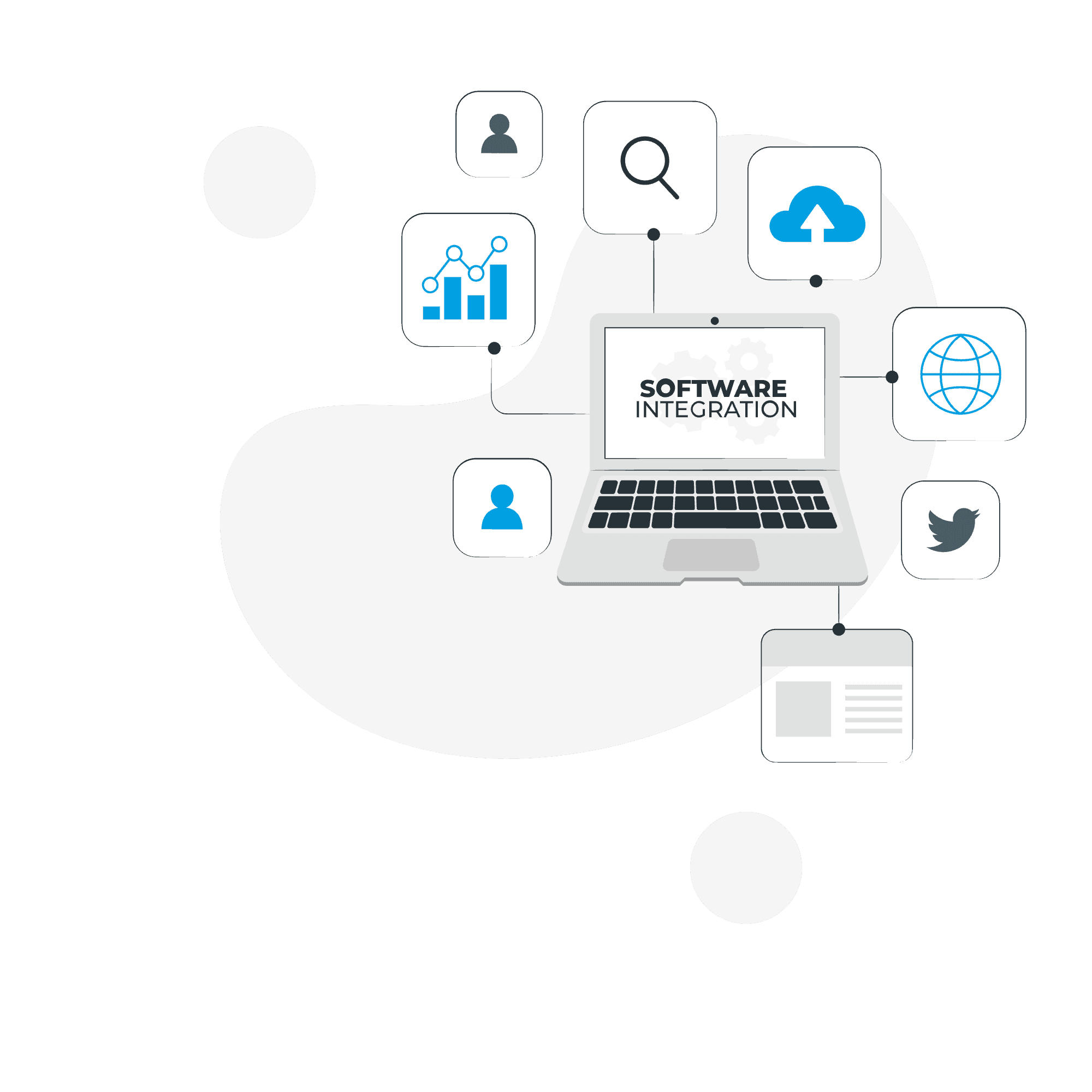
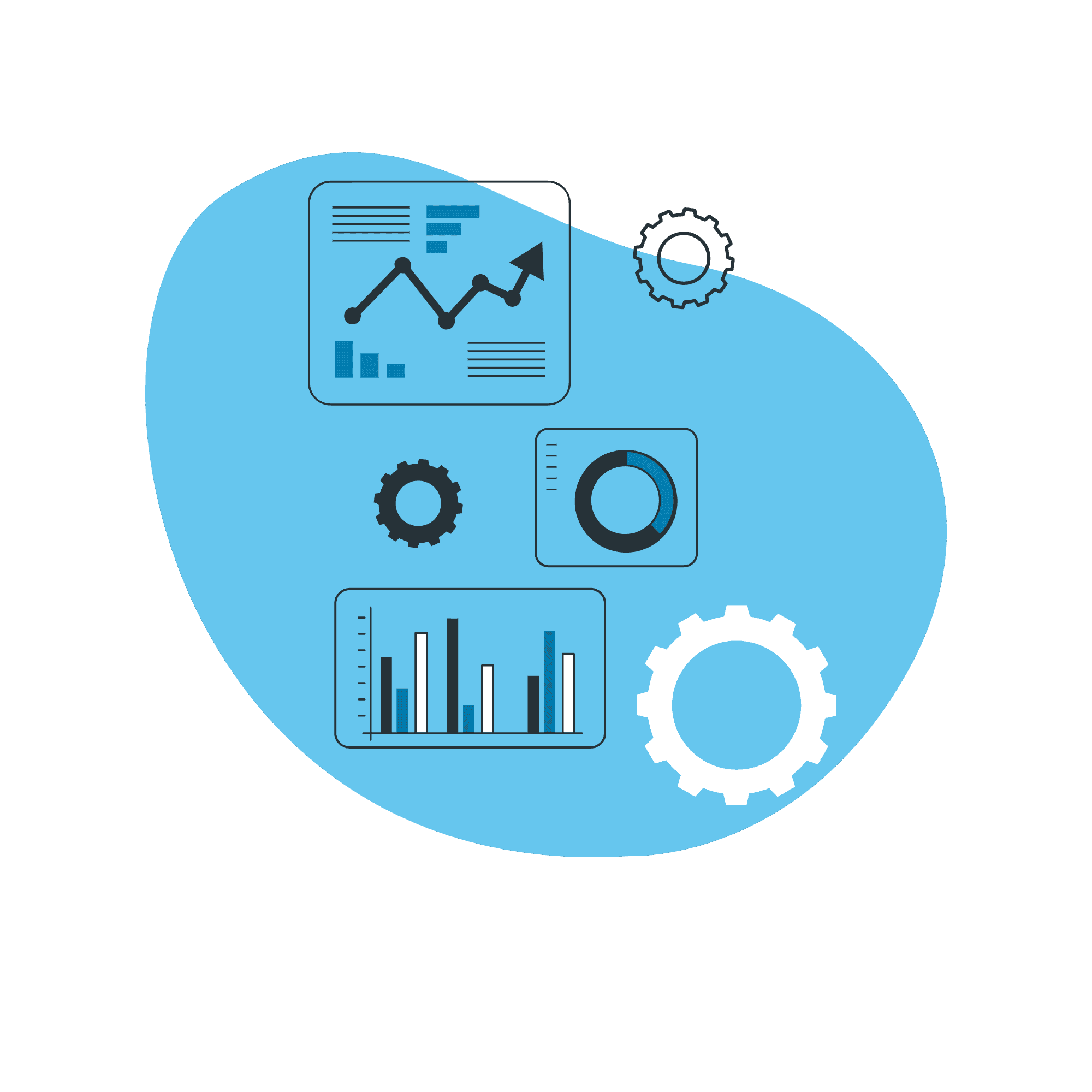
AI-Powered Service Insights
Leverage Salesforce Einstein to gain insights into customer service interactions. Analyze patterns in customer inquiries and feedback to identify common issues and improve service processes.
For instance, use AI to detect recurring problems with a particular product and address them proactively.
Self-Service Portals
Develop a self-service portal using Salesforce Experience Cloud. Allow customers to manage their accounts, track orders, and access support resources independently.
For example, provide an FAQ section and troubleshooting guides within the portal to help customers resolve common issues.
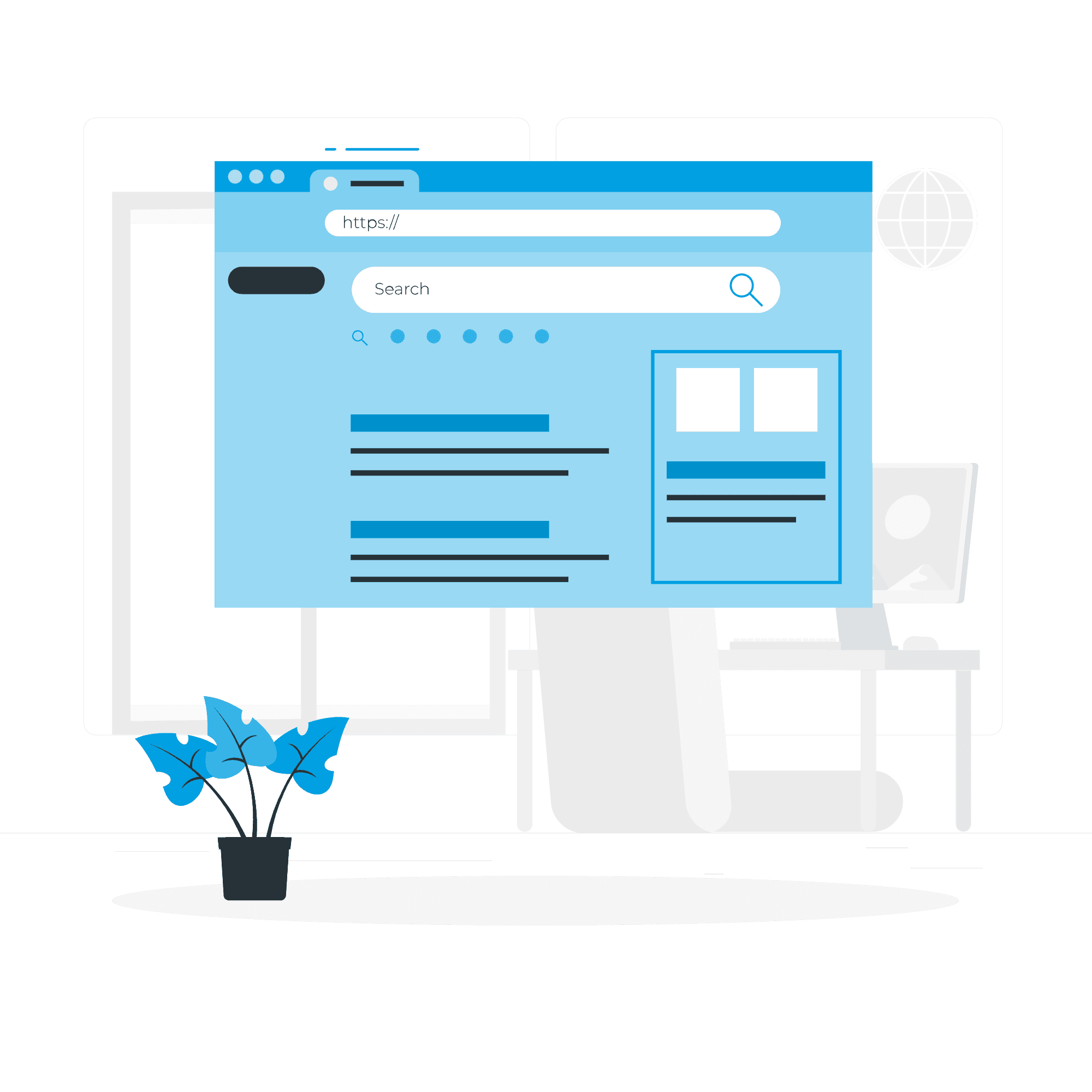
Data-Driven Decision Making
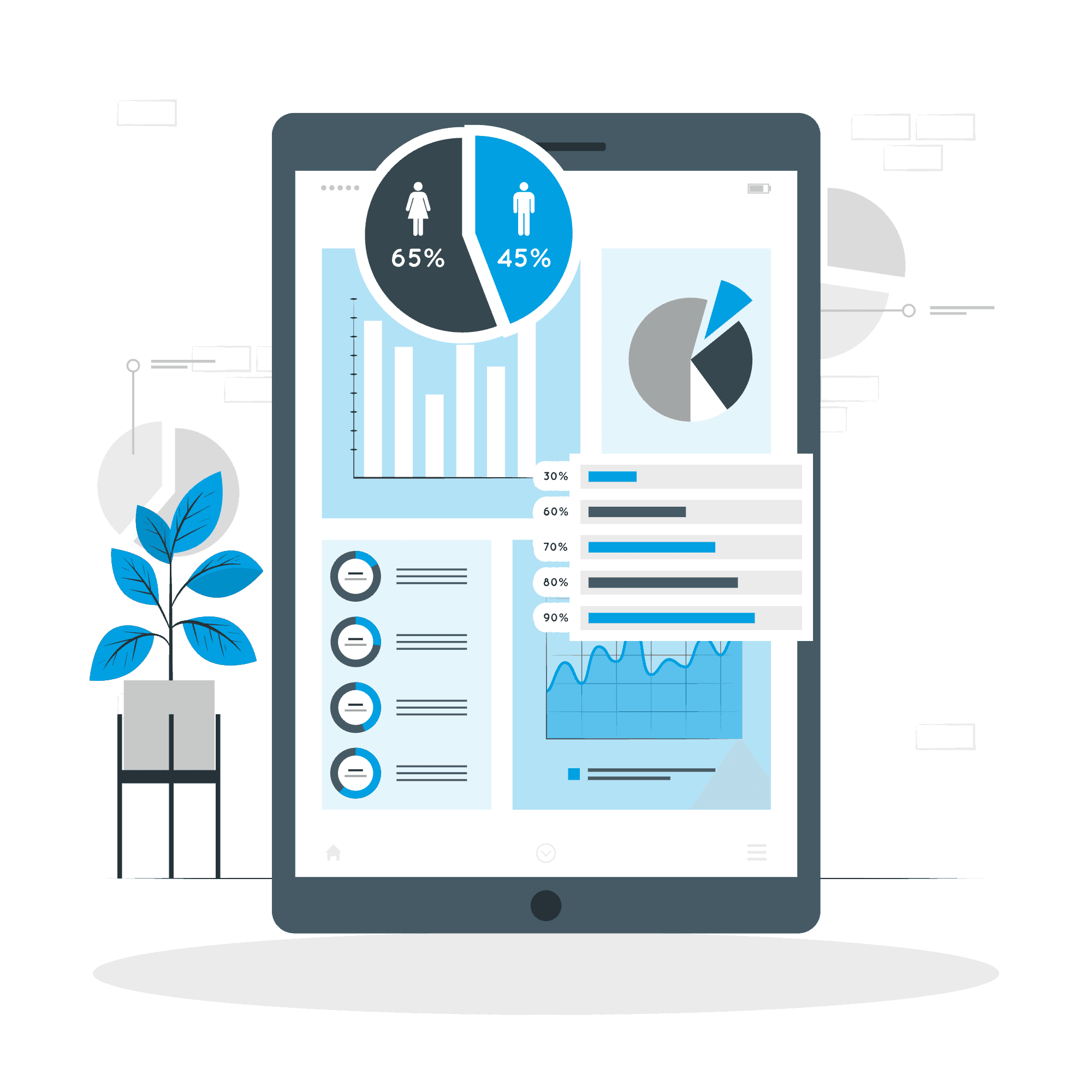
Advanced Analytics Dashboards
Create custom dashboards in Salesforce to visualize key metrics such as sales performance, customer engagement, and inventory levels.
For instance, design a dashboard that tracks sales trends by region and product category, helping you make data-driven decisions.
Real-Time Performance Monitoring
Use Salesforce’s real-time reporting features to monitor business performance and identify opportunities for improvement.
Set up alerts for critical metrics, such as low stock levels or declining sales, to take immediate action.
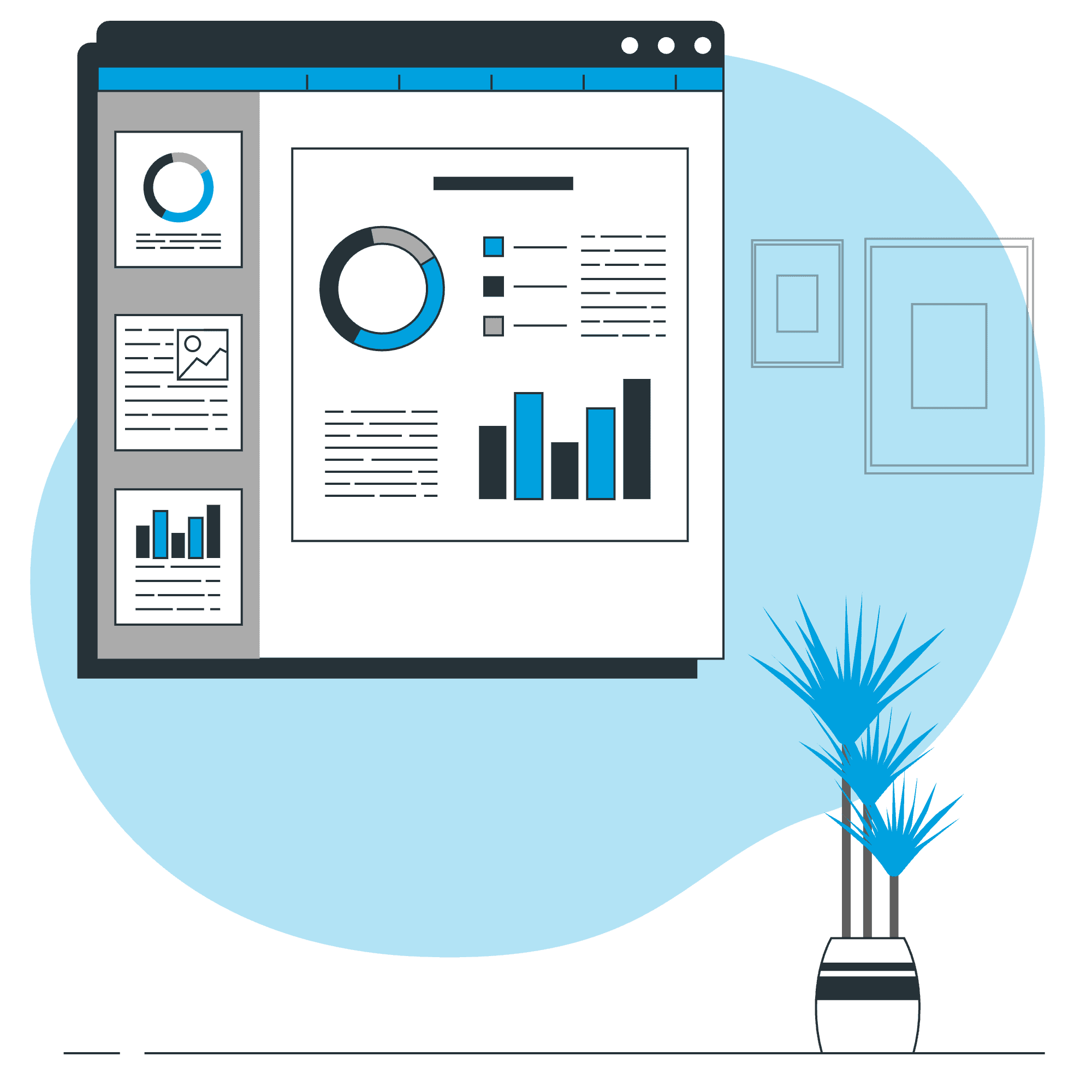
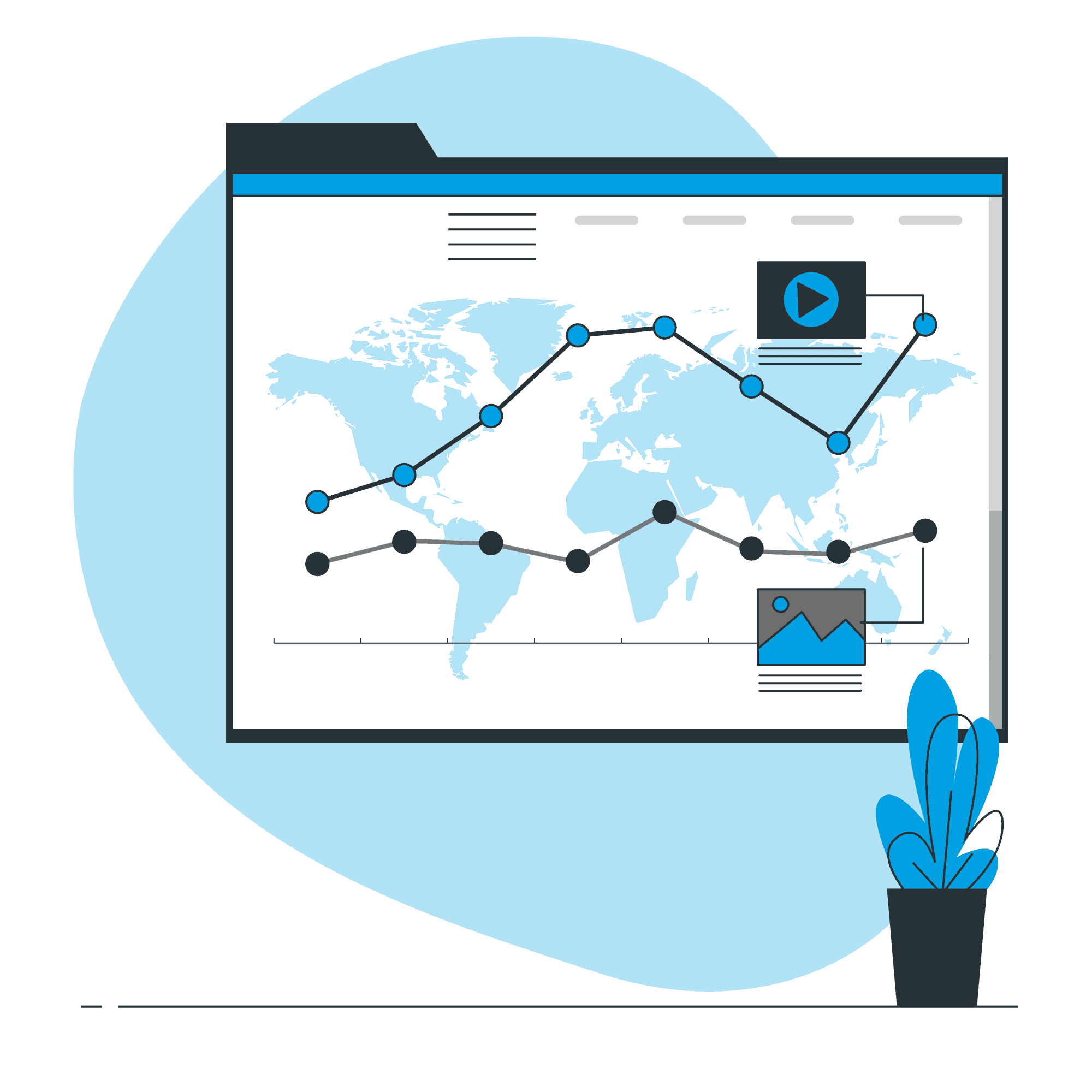
Predictive Analytics for Market Trends
Implement predictive analytics with Salesforce Einstein to forecast future market trends and customer preferences.
For example, use predictive models to identify emerging trends in consumer behavior and adjust your marketing strategies accordingly.
Seamless Integration with Retail Tools
API Integration with POS Systems
Integrate Salesforce with your POS system to synchronize sales data, customer information, and inventory levels.
For example, automatically update customer profiles with purchase history from in-store transactions.
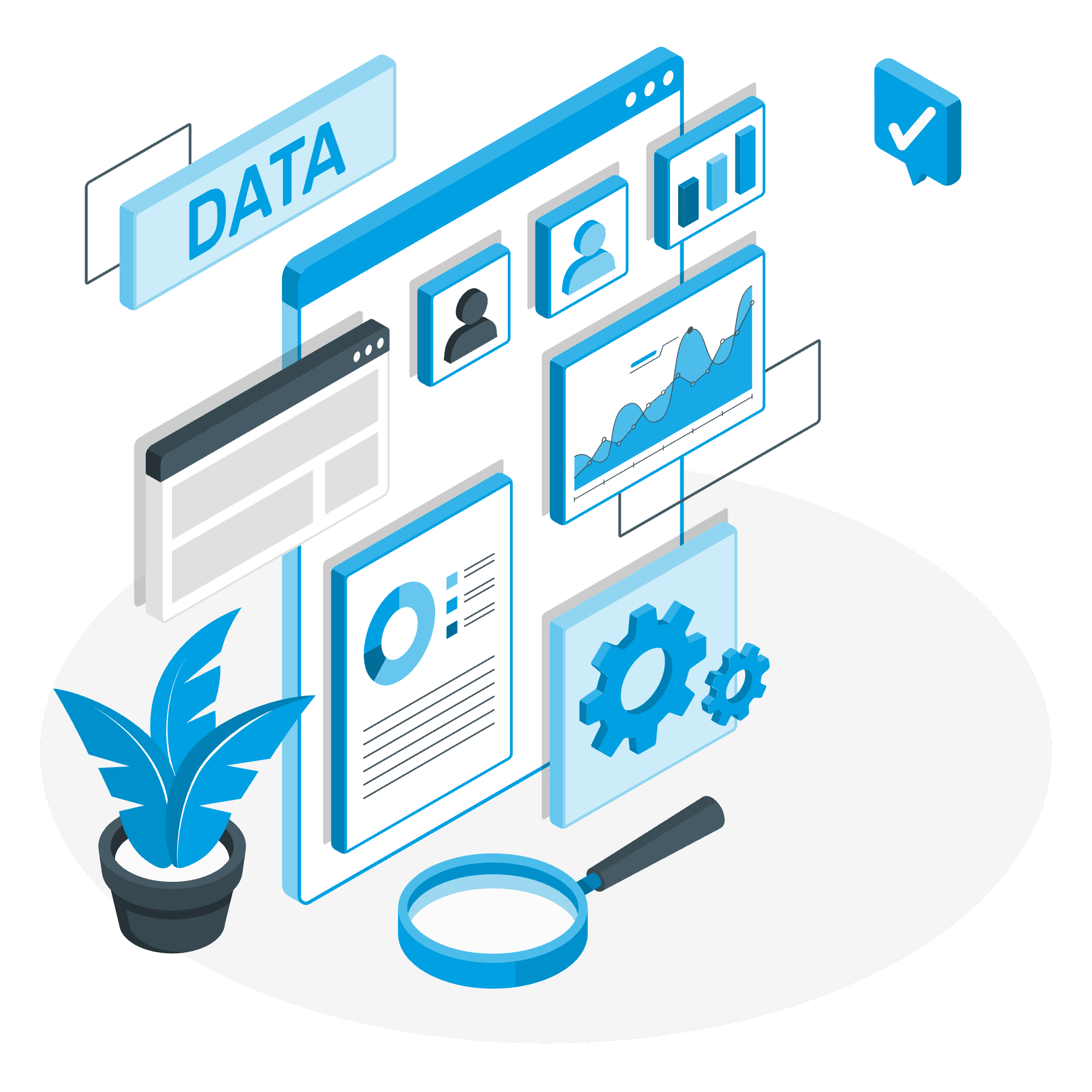

Custom Integration Solutions
Develop custom integration solutions to connect Salesforce with other retail tools, such as CRM platforms, ERP systems, and marketing automation tools.
For instance, create a custom connector to integrate Salesforce with a third-party warehouse management system.
Real-Time Data Synchronization
Use Salesforce’s real-time data synchronization tools to ensure that customer, sales, and inventory data are consistently updated across all platforms.
For example, implement real-time synchronization between your online store and physical stores to provide accurate product availability information.
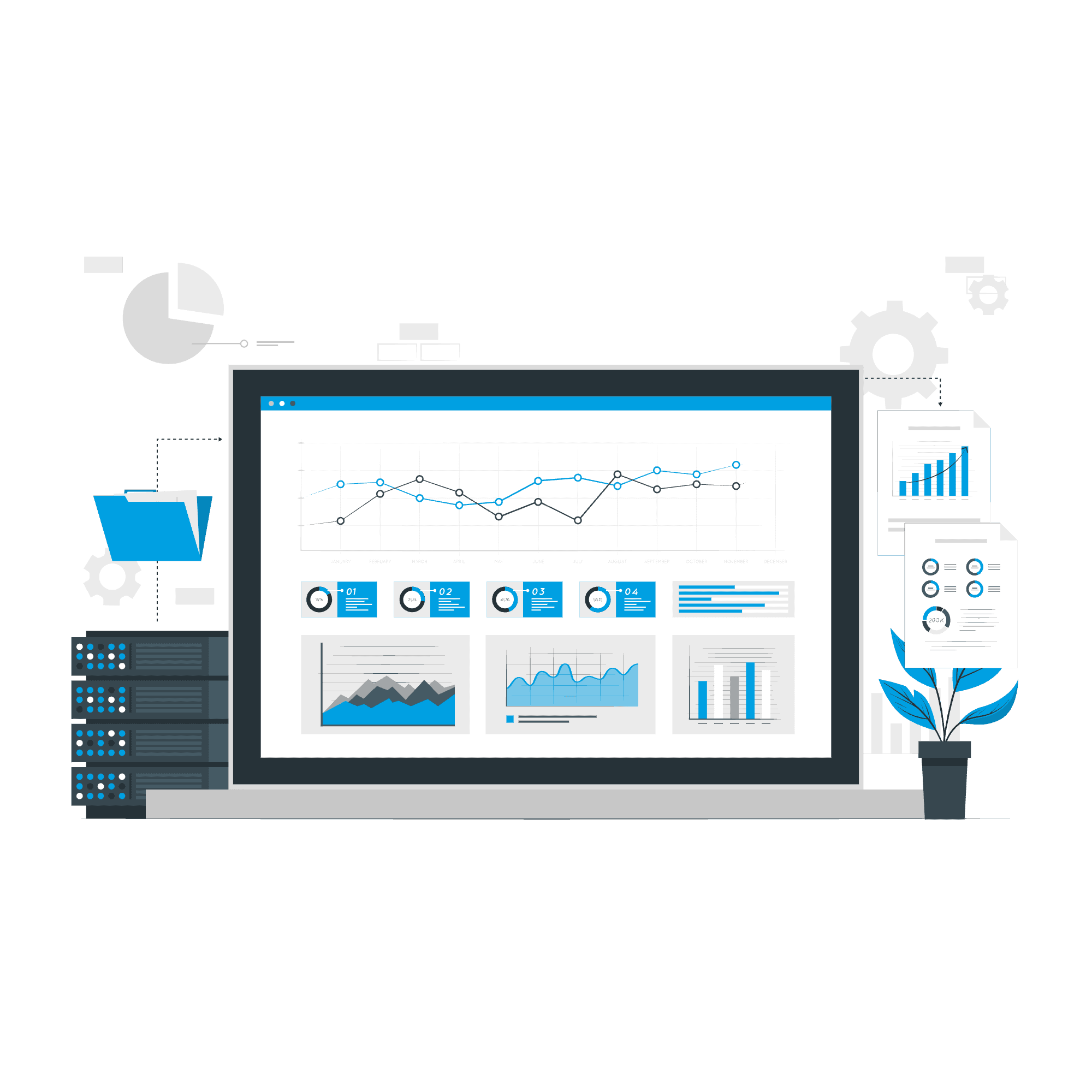

Let us help you
FAQ's
How can we manage and optimize large volumes of customer data within Salesforce?
How can we effectively measure the ROI of our Salesforce implementation in the retail sector?
What are the best practices for managing complex product catalogs in Salesforce for a retail environment?
How do we align our Salesforce strategy with evolving customer expectations in the D2C space?
